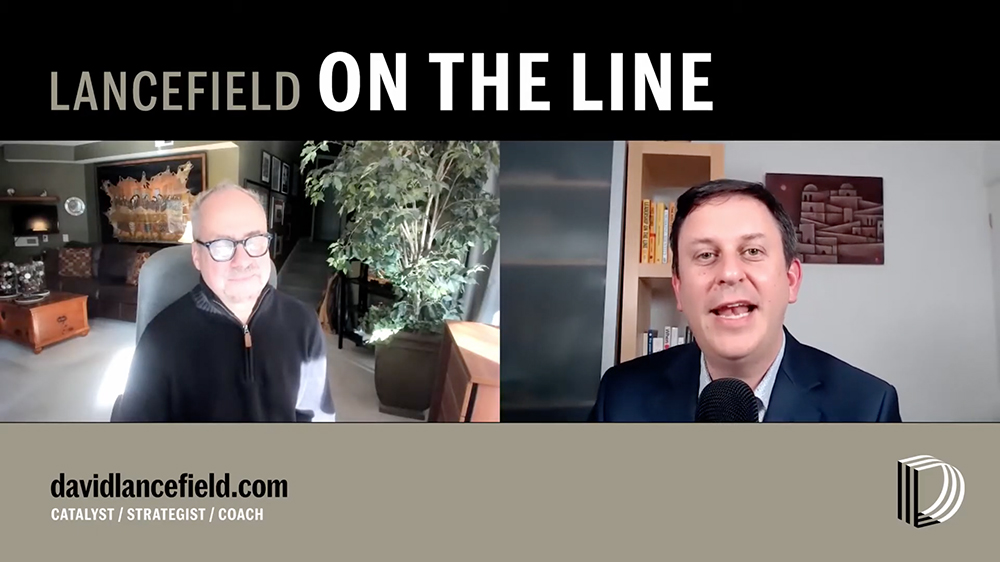Episode 14
Ron Carucci: Lead with the power of truth, justice and purpose
Available on these channels and more
Look around you in the worlds of business and politics. Think of leaders and organisations you admire. Or those that disappoint you. How honest are they in their intentions and actions? How purposeful are they?
In his book To Be Honest: Lead with the Power of Truth, Justice and Purpose Ron Carucci argues that these three elements are fundamental to an organisation’s performance and positioning. He tackles how to eliminate the cultural conditions that prompt otherwise honest people to distort the truth and behave unfairly.
He shows that ‘when these factors are absent or ineffective, the organisational conditions compel employees to choose dishonesty and self-interest. But when done well, the organisation is 16 times more likely to have people tell the truth, behave fairly and serve a greater good.’
The book is based on 15 years of research and more than 3000 interviews, mined for insights using IBM Watson. And it’s packed full of riveting and remarkable stories from the world of business and beyond, including FARC terrorists in Columbia, the cave rescue in Thailand, the leadership of New Zealand during the pandemic, restorative justice from tribal rituals in the Congo, and how two companies — Patagonia and DuPont — took different approaches when they realised their products were poisoning people.
The best bits of these conversations are captured in my newsletter Flashes+Sparks.
Further resources
Ron has a 30-year track record helping executives tackle challenges of strategy, organisation and leadership — from start-ups to Fortune 10s, non-profits to heads-of-state, turn-arounds to new markets and strategies, overhauling leadership and culture to re-designing for growth.
“Honesty is not a character trait, a value. It’s a muscle, a capability. To be good at it, you have to work at it every day.”
Ron Carucci, Managing Partner, Navalent
VIEW RUNNING ORDER
| 06.29 | The impact of organisations that are based on honesty, purpose and justice. |
| 08.29 | Honesty as a capability, as a muscle. |
| 13.39 | The power of aligning words and actions — following through on your intent. |
| 16.46 | The financial benefit of organisations that follow these principles. |
| 20.54 | How exemplar executives use breadth — capacity to see the organization as a whole, to bridge the seams. |
| 23.09 | How to release peoples’ best potential in a way that delights customers. |
| 25.14 | Why he used examples outside the business world — FARC terrorists in Columbia, the cave rescue in Thailand, the leadership of New Zealand during the pandemic. |
| 26.07 | How restorative justice from tribal rituals can help explain accountability today. |
| 26.54 | How two companies — Patagonia and DuPont — took different approaches when they realised their products were poisoning people. And the stark contrast in consequences. |
| 35.57 | The importance of addressing inequality. |

Ludmila Praslova: Tapping into our brainpower

Steven Rogelberg: Making meetings count

Caterina Kostoula: Crafting a powerful vision

Tony Martignetti: Making meaningful connections

Oleg Konovalov: Leading by nature

Matt Abrahams: Talking smarter in the moment

Alex Edmans: Dealing with lies

Pia Lauritzen: Connecting through questions


